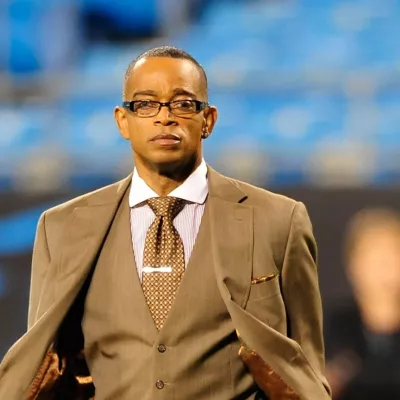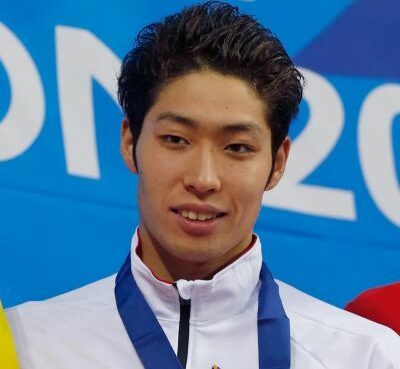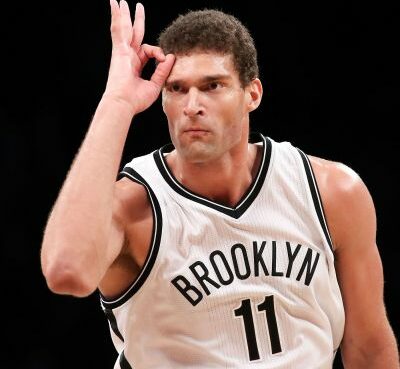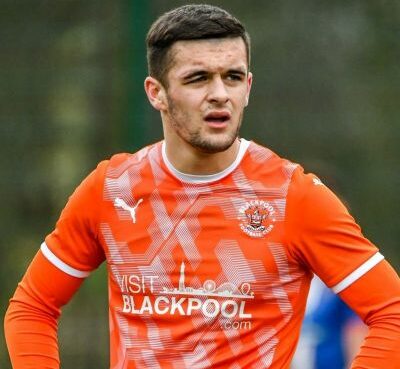Table of Contents
Stuart Scott of ESPN performed a selfless act before his tragic death
Stuart Scott made his SportsCenter debut in 1997 before the internet even existed. When it came to delivering the sports news and highlights that fans sought, ESPN was still king. Chris Berman, Dan Patrick, and Keith Olbermann all rose to prominence on the network’s main show.
All were regarded, but none became as well-liked as Scott, whose catchphrases occasionally eclipsed his easy delivery and keen writing.
When Scott died on January 4, 2015, athletes and coaches from a variety of sports mourned alongside fans.
Stuart Scott’s best on-air magic
Stuart Scott joined ESPN from the NBC affiliate in Orlando, Florida.
He began by contributing to ESPN2 programming, eventually taking over for Keith Olbermann on SportsNight.
Scott was asked to co-host the 2 a.m. ET episode of SportsCenter with Rich Eisen in 1997.
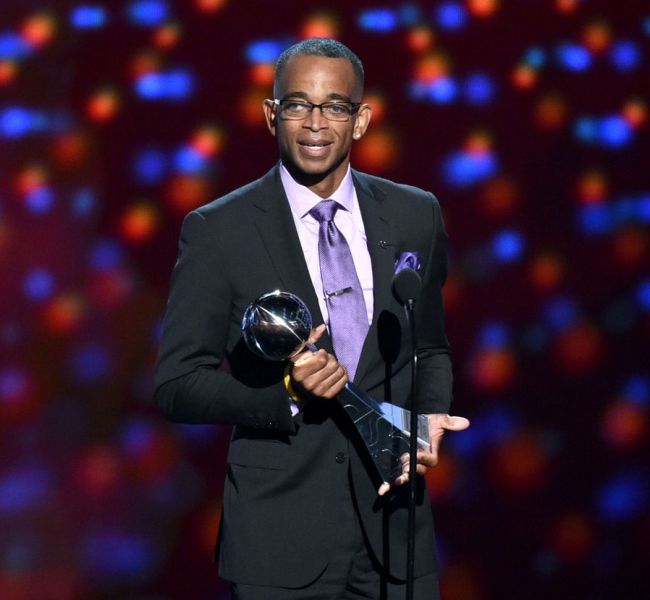
With the exception of a few late West Coast games, that edition of the show was the most full and was re-run throughout the morning.
It exposed Scott and his smart words to a large number of sports enthusiasts. Among his trademark expressions were:
- “Boo-yah!”
- “As refreshing as the other side of the pillow.”
- “He treats him like a dog, sitting and staying.”
- “Just refer to him as butter because he’s on a roll.”
- “Can I have a congregational witness?”
Those may seem out of place for a show that wraps up the day’s sports news, but they were part of a personality that had viewers tuned in at 2 a.m. on the East Coast.
Scott’s responsibilities expanded to include presenting NBA shows on ESPN and ABC, as well as anchoring on-site coverage of Monday Night Football.
In 2007, he was diagnosed with cancer, which drastically altered his life
Stuart Scott reported stomach distress while in Pittsburgh for a Monday Night Football assignment and underwent an appendectomy, after which lab testing revealed the presence of malignancy.
Scott underwent more surgery the following week, followed by the commencement of chemotherapy in the fall.
Scott was diagnosed with second cancer in 2011 and a third in January 2013, both of which required radiation treatments and extra chemotherapy.
Medical science could no longer contain the disease by the middle of the following year.
Stuart Scott got the Jimmy V Perseverance Award at the 2014 ESPYs in July.
Invoking the late-stage cancer address of North Carolina State coach Jim Valvano, Scott informed the audience, “When you die, it does not imply that you lose to cancer.”
You beat cancer by changing the way you live, why you live, and how you live.”
Scott died on January 4, 2015, at the age of 49.
Also, read Giancarlo Stanton, Matthew Christopher Schnell, John Daly’s Married Life:
Stuart Scott of ESPN performed a selfless act
At the time of Stuart Scott’s death, CBS News stated that his appendiceal cancer diagnosis was so uncommon that the American Cancer Society couldn’t say how frequently it occurred or what the disease’s mortality rate was.
According to one estimate, there are fewer than 1,000 instances in the United States per year.
According to the network article, Scott never shared his actual diagnosis, but he did share certain facts about his therapy.
Before his speech, a video introducing Scott showed him having blood collected during an examination.
Doctors at Johns Hopkins Hospital were looking for clues to help cure the ESPN anchor and host, but Scott had another reason, according to The Undefeated.
Stuart Scott’s blood work that day would determine whether he qualified for a clinical trial research study.
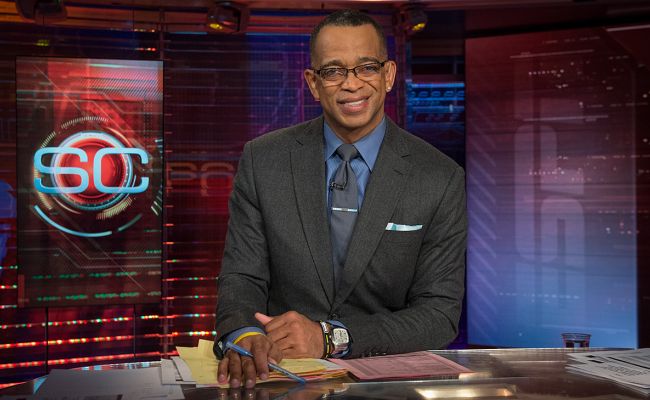
Although there was no certainty that Scott would benefit directly from the medications used in the clinical research, there was the possibility that they could aid others suffering from the unusual kind of cancer.
According to the website, Scott enrolled in the clinical trial based on the results of the tests.
What doctors learned during his treatment will help them make judgments in the care of future patients, potentially extending or even saving lives.
“While we don’t have a cure for cancer, extending the time you do have is incredibly crucial,” Taelor Scott said of her father.
“And I believe that should be a possibility and something in which everyone can participate and gain.”
Sportscasting has a Facebook page. Follow @sportscasting19 on Twitter.

